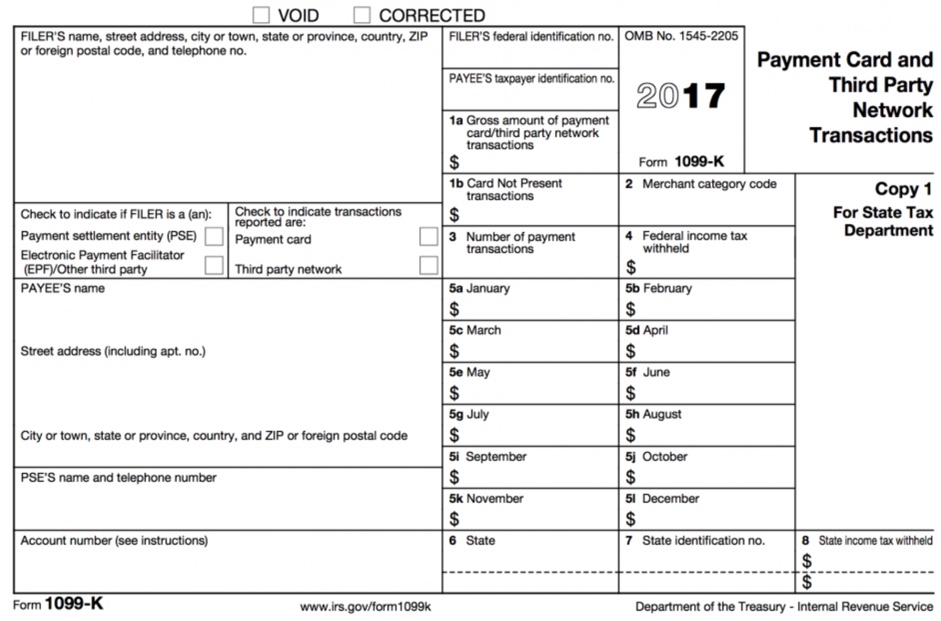By Justin Smith
For the Opelika
Observer
Tax season is always hectic for accountants, but business owners feel the pressure in the first few months of the year as well. January can be especially stressful with short windows to prepare and file required forms to vendors and independent contractors, such as Form 1099-MISC. Businesses use Form 1099-MISC (referred to as “Information Returns”) to report nonemployee compensation to the Internal Revenue Service. Payments may be made to independent contractors, suppliers/vendors, and other unincorporated businesses. This month can be mayhem for accountants and business owners who must frantically prepare and file these forms to avoid costly penalties.
Businesses Must File
Generally, business owners must issue a Form 1099-MISC to any contractor or vendor who was paid at least $600 during the year. These payments may include rents as well as services and nonemployee compensation. They should be issued to individuals, partnerships and LLCs you do business with, but are not required to be provided to corporations.
The best way to ensure you issue 1099s correctly is to obtain a new or updated Form W9 from each contractor annually, and always before doing business with a new contractor. This form provides critical information such as the contractor’s name, address, taxpayer ID number and entity type (such as a sole proprietor, LLC, Corporation, etc.).
Filing Deadlines & Late Filing Penalties
Jan. 31 is the deadline to provide 1099s to contractors and the IRS (they can be mailed or provided electronically, while Alabama allows until March 15. Late filing penalties start at $50 for each form filed within 30 days after the due date, rising to $100 per form by Aug. 31, and $260 per form after that date.
Paper Filing & Electronic Filing Available
Filing 1099s with the IRS is not a simple as printing off copies of the document from their Web site. The IRS requires 1099s to be filed along with a transmittal (Form 1096) on specially heat-sensitive documents (the “red form”). You can generally buy the proper forms at an office supply store, although electronic filing is another option available from a host of companies. Additionally, a copy of the entire package should be filed with the state by its deadline. Every 1099 should have at least four copies – one each for the IRS, state, recipient and your own records.
Regardless of what business you are in, it is important to keep good records to prove your expenses, and that will make preparing your 1099s much easier every January. As with nearly all tax laws, many exceptions and nuances exist to the 1099 process, so it is best to engage a tax professional to make sure you follow the right processes – you will be glad you did.
Justin Smith is a licensed Certified Public Accountant in Opelika, specializing in individual and small business tax and accounting. He can be contacted at 251-209-2579 or Justin@JSmithCPA.net.
His website is www.jsmithcpa.net

